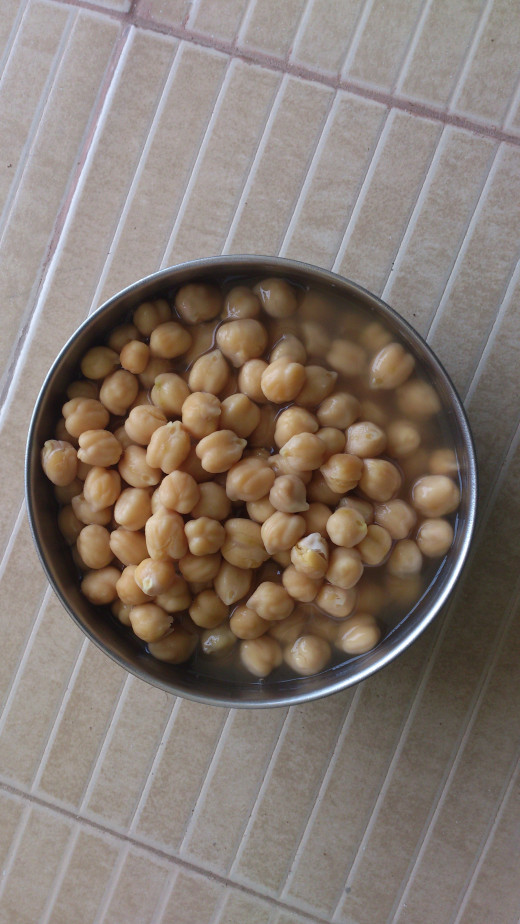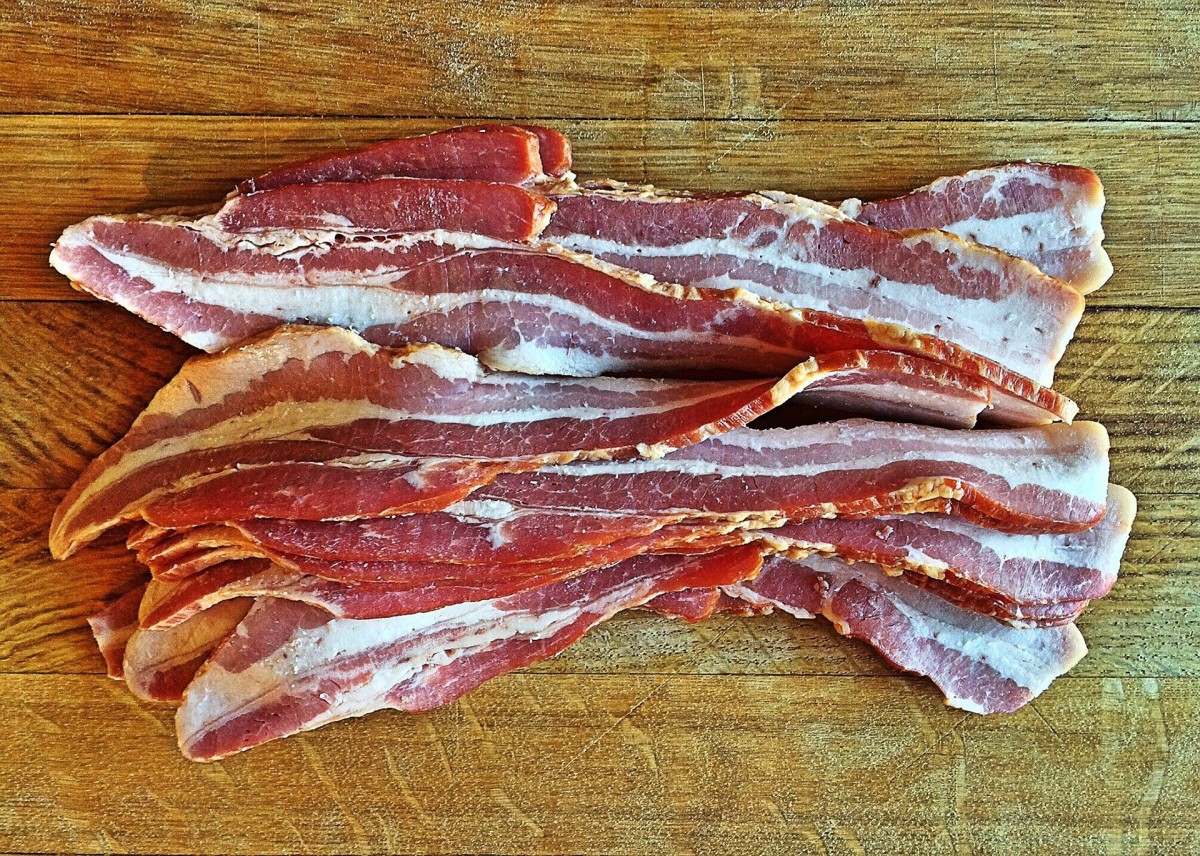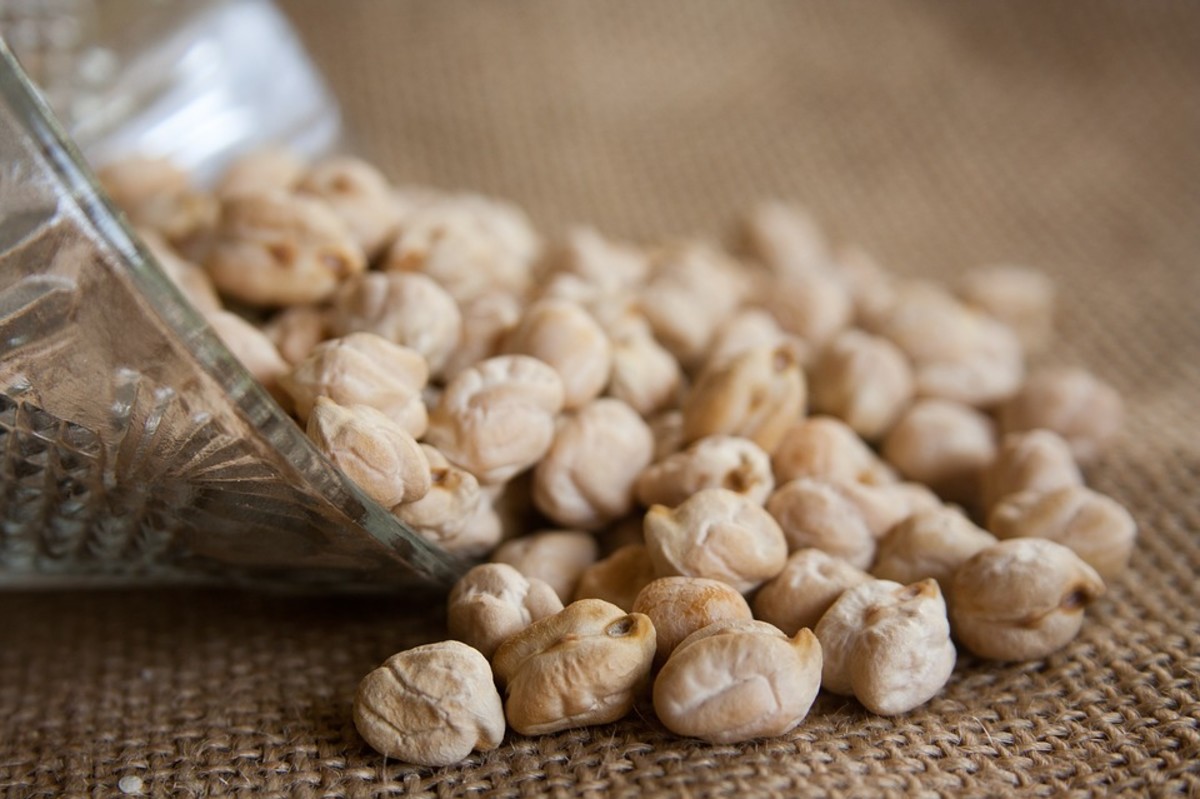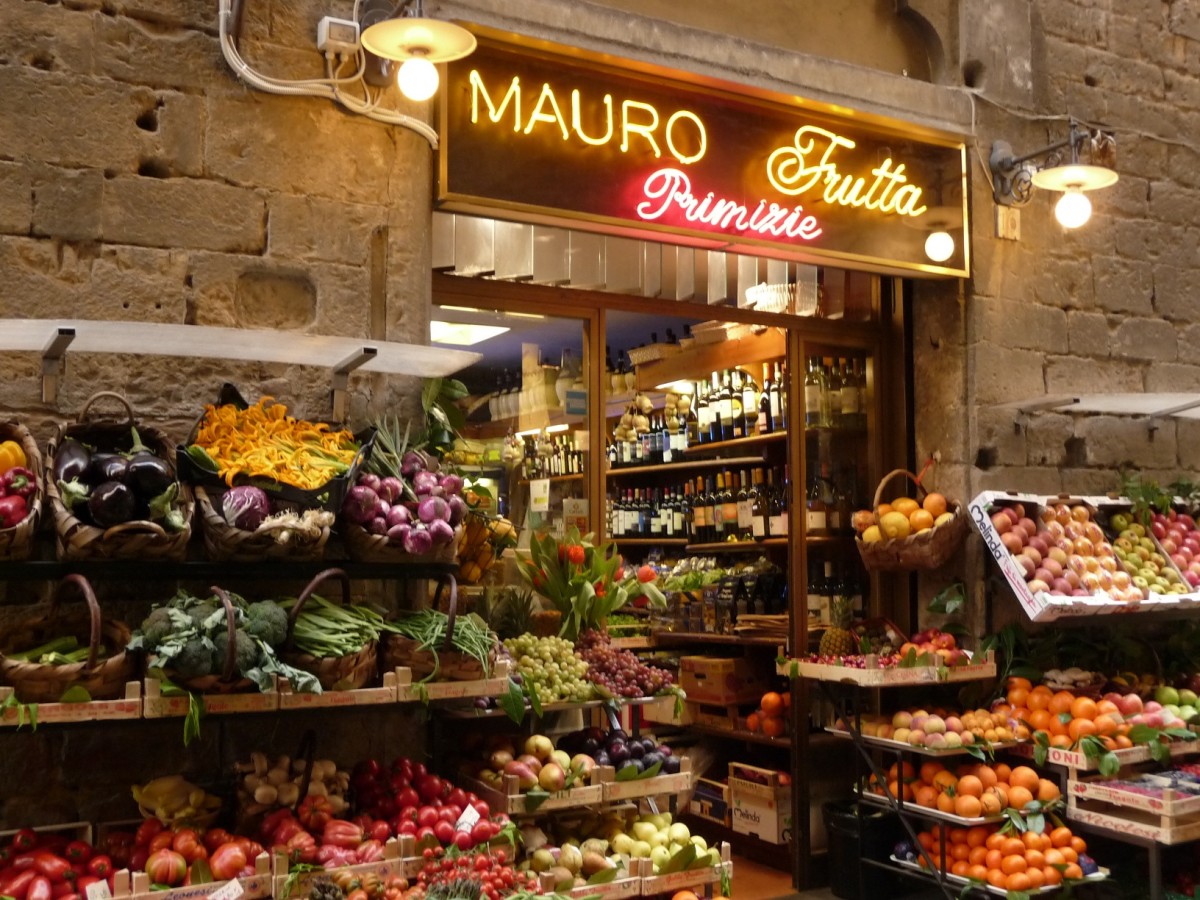Health Benefits of Mediterranean Cuisine

Mediterranean cuisine is delicious, visually appealing and more importantly, for those who are conscious of their diet, the cuisine has proved to be very healthy. Nourishing in quality and wholesome in quantity, Mediterranean diet makes for a great meal. Food items like seeds and nuts, olive oil, vegetables, fresh fruits and whole grain breads from the areas surrounding the Mediterranean Sea such as Turkey, Spain, Greece and Southern Italy comprise the appetizing cuisine.
Why is the Mediterranean Diet Healthy?
The diet combines some of the most nutritious fresh foods you can get and protects you from all kinds of ailments like heart disease, diabetes and obesity to name a few. Here is a look at some of the staple foods and their benefits.
Olive oil, being the biggest staple in the diet, contains monounsaturated fats, which fight disease and inflammation at a cellular level. Since it is used in nearly every dish, it is believed that the low heart disease rates in the Mediterranean region can be attributed to the same.
Hazelnut trees like other nut trees are quite common in Italy. Filled with heart-friendly fats, they're an excellent source of vitamin E and protein. Nuts are very high in Arginine which is an amino acid that supports blood flow and healthy blood vessels.
Chickpeas provide your body with zinc, calcium and iron along with quality protein. Being fibrous in nature they also help in prevention of heart diseases, cardiac arrests and colon cancer.
Broccoli Rabe provides plenty of potassium, calcium, fiber and cancer fighting agents. While the minerals help your body function at its best, the fiber slows down the digestion hence avoiding fluctuations in insulin levels in the blood and reducing obesity and chances of type2 diabetes.
Couscous is embedded into the tradition of the Mediterranean diets. Combined with unrefined pasta, bread or barley it lowers the glycemic index making the body digest it slowly, helping you stay full longer whilst keeping check on your blood sugar levels. Retention of vitamin E, magnesium and antioxidants via Mediterranean cuisine helps protect you against chronic diseases and diabetes.
Peppers are rich in vitamins C, K and A. Used fresh, or grounded after being dried they add a zest of color to the cuisine and are very protective against Macular degeneration which is the loss of vision experienced by people due to age. They also have anti viral properties.
Shrimps and other seafood is another staple food product owing to the closeness of the region to the sea. Loaded with omega 3 fatty acids and variants of protein, they help against muscular degeneration.
How to Adopt the Mediterranean Diet
Adopting the flair of the Mediterranean style requires smart but simple food choices. You do not necessarily have to be in or around the Mediterranean region to enjoy their cuisine. With globalization, most of their delicacies are available across the world and you could indulge from wherever you are. Low fat dairy products, whole grain breads, starches, nuts, fish and vegetables along with servings of canola or olive oil can be used in combinations to make soups, grilled preparations, pastas and salads. This will not only take care of your health but also satiate your taste buds.
© 2013 Juana








